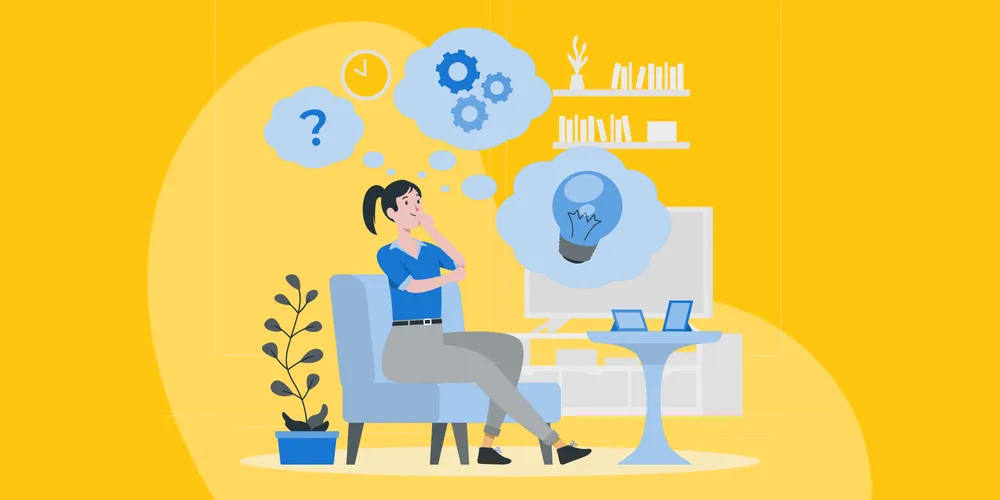Plagiarism in music is an issue that concerns many musicians, both creatively and legally. In this article, we explore the most frequently asked questions about plagiarism in music and provide clear answers to help musicians protect their work and avoid legal problems.
Frequently asked questions and their answers
What is plagiarism in music?
Musical plagiarism is the unauthorised copying or use of elements of a musical work without proper credit or permission from the original author. This can include melodies, lyrics, arrangements or any other creative component of a song or piece of music.
When is it considered plagiarism in music?
Plagiarism occurs when a substantial portion of an existing musical work is used in a new creation without the original author’s consent or proper credit. The amount of work that must be copied to be considered plagiarism may vary according to the laws of each country and the interpretation of the courts in specific cases.
What can I do if I suspect that someone has plagiarised my music?
If you suspect that someone has plagiarised your music, the first thing you should do is seek specialist copyright legal advice. A specialist lawyer will help you assess the situation and determine whether there is a case of plagiarism. If plagiarism is confirmed, you may be able to take legal action to protect your rights and claim compensation.
How can I avoid being accused of plagiarism?
To avoid being accused of plagiarism, make sure you create original music and do not copy significant elements of other works without permission or proper attribution. It also helps to be familiar with copyright laws and accepted practices in the music industry. If you are inspired by another work, it is important to transform it and give it a new and personal approach.
Can I use samples or covers without being accused of plagiarism?
The use of samples and covers can be legal if proper permission is obtained from the copyright owners. In the case of samples, it is necessary to obtain a licence from the copyright owners of the original recording and the copyright owners of the composition. For covers, you need a mechanical licence to reproduce and distribute the new recording.
How do I protect my music from plagiarism?
To protect your music against plagiarism, it is important to register it with a copyright organisation in your country or, if possible, internationally. It is also important to properly document the creative process and keep all files and materials related to your work, such as demos, scores or recordings.
Conclusion
Understanding the implications of plagiarism in music is essential to protecting your rights as a musician and avoiding legal problems. Be sure to respect the intellectual property of other artists and seek legal advice if you suspect or are accused of plagiarism.


